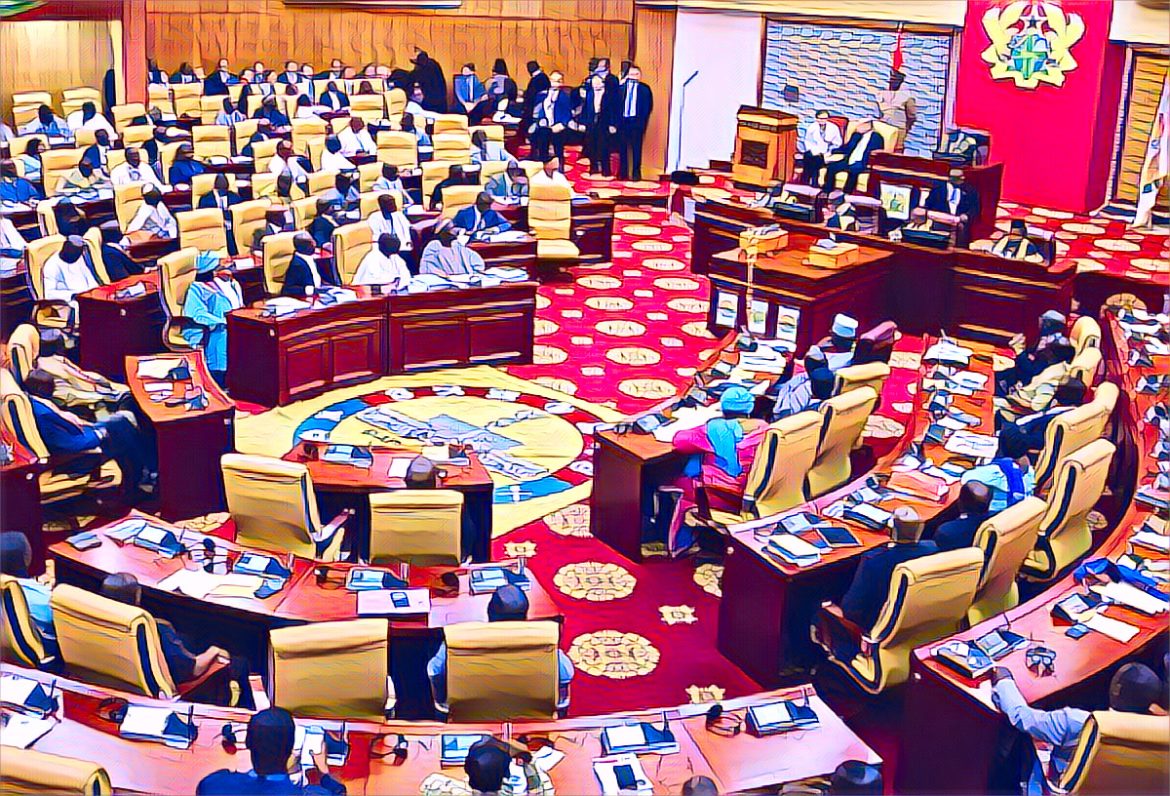KEY POINTS
- Parliament has passed the bill to abolish the E-Levy tax.
- The E-Levy has been widely criticized for its impact on low-income earners.
- The future of the E-Levy now depends on President Mahama’s decision.
Many Ghanaians have praised Parliament’s decision to repeal the contentious Electronic Transfer Levy (E-Levy), which was passed on Wednesday. Since its presentation, the bill has generated discussions all around the nation. It now seeks President John Mahama’s approval to become law.
Parliament moves to abolish the controversial E-Levy tax
As part of a larger initiative to earn money for the nation’s development, the previous New Patriotic Party (NPP) administration implemented the E-Levy in 2022. The tax was intended to apply a 1.5% penalty to online payments, bank transfers, and mobile money transfers, among other electronic transactions. However, the people, businesses, and political leaders all fiercely opposed its introduction.
The E-Levy’s proponents contended that it would contribute to the generation of vital funds for the construction of infrastructure, particularly in sectors like healthcare, education, and transportation.
The charge, however, was met with strong hostility from people who felt it burdened the general population, especially those with low incomes and no access to traditional banking services. Many people believed that the fee was a tax that disproportionately impacted the unbanked, who are largely dependent on digital financial services like mobile money.
President Mahama’s assent crucial to end the E-Levy tax
The E-Levy has caused nationwide protests and public controversy when it was first implemented. The tax’s detractors claimed it would hinder economic expansion and increase the divide between those with and without bank accounts. Although the bill’s passing by Parliament is a major step toward doing away with the charge, President Mahama now controls its future.
According to Joynews, prior to the general elections in December 2024, President Mahama and the National Democratic Congress (NDC) made the elimination of the E-Levy a major campaign pledge. During the levy’s installation, the NDC vehemently opposed it and pledged to do away with it if they were elected.
There was no opposition to the law when it was put to a vote in Parliament on Friday, indicating widespread support for the decision to do away with the tax.





2 comments
**mitolyn reviews**
Mitolyn is a carefully developed, plant-based formula created to help support metabolic efficiency and encourage healthy, lasting weight management.
Hi there! Someone in my Facebook group shared this website with us so I came to take a look. I’m definitely enjoying the information. I’m bookmarking and will be tweeting this to my followers! Wonderful blog and outstanding design and style.